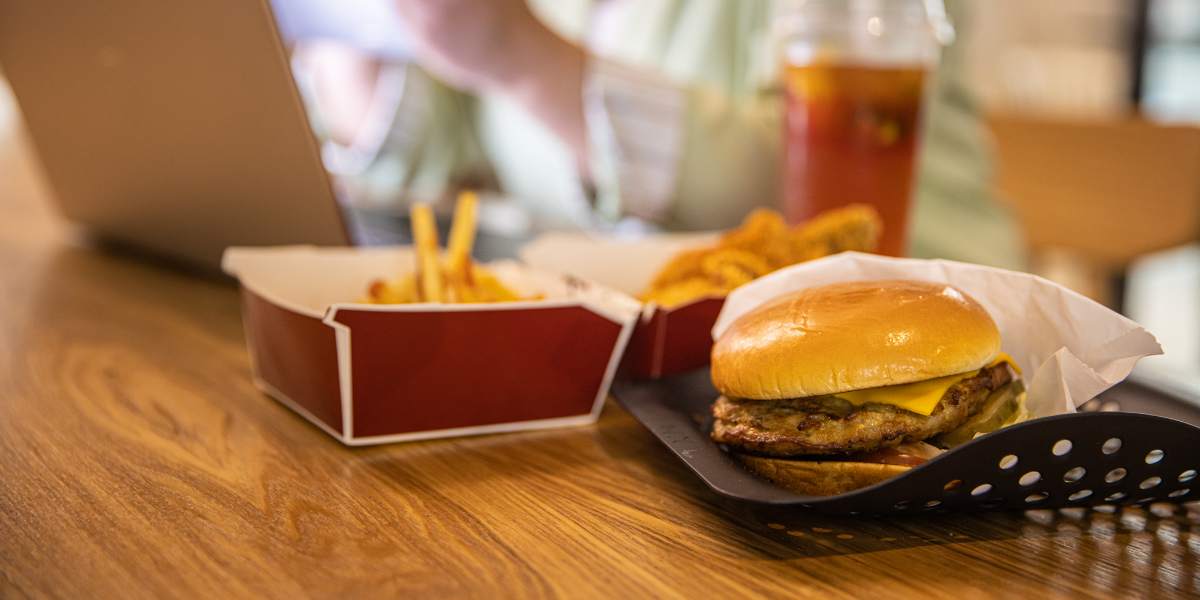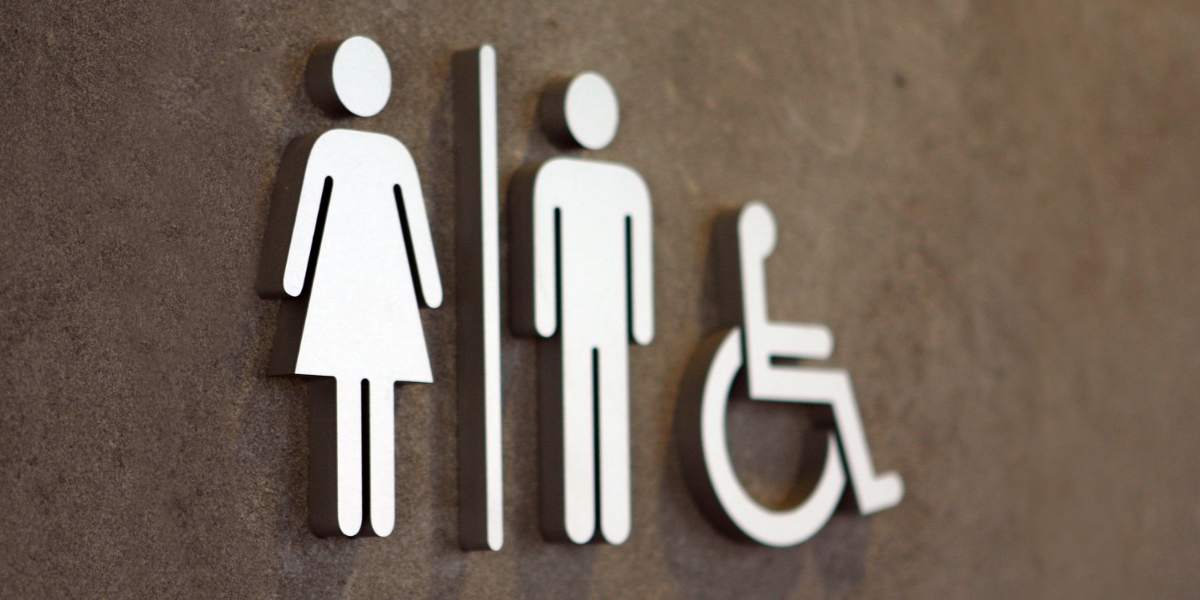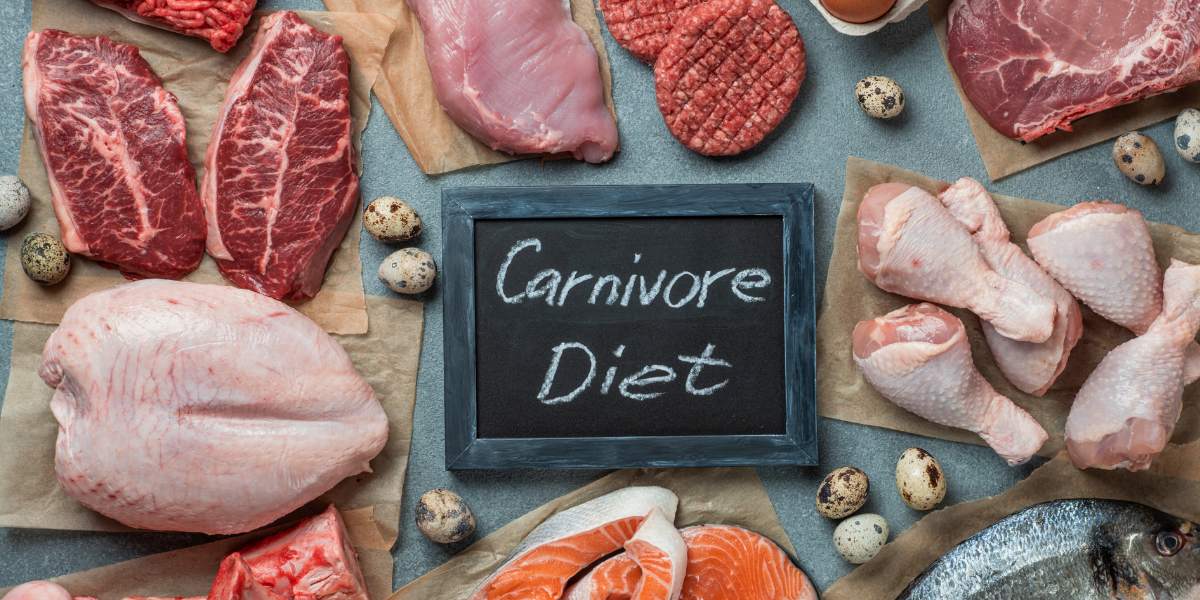People with diabetes or obesity who consume more than 20% of their daily calories from fast food have greater fat build-up in their liver, a potentially life-threatening condition.
In one of the first studies to examine the impact of fast food on liver health, researchers found that eating this type of food is linked to the development of nonalcoholic fatty liver disease.
Nonalcoholic fatty liver disease can lead to scarring of the liver, which can lead to liver cancer or failure.
- Junk food in reality TV could be fuelling obesity
- Researchers warn of dangers of ultraprocessed snacks and link to dementia
The team also found that the general population has some increase of liver fat when one-fifth or more of their diet is made up of fast food.
Lead author Dr Ani Kardashian, a hepatologist with Keck Medicine at the University of Southern California, said: “Healthy livers contain a small amount of fat, usually less than 5%, and even a moderate increase in fat can lead to nonalcoholic fatty liver disease.
“The severe rise in liver fat in those with obesity or type 2 diabetes is especially striking, and probably due to the fact that these conditions cause a greater susceptibility for fat to build up in the liver.”
Dr Kardashian said that even eating a small amount of fast food can have an impact, saying: “If people eat one meal a day at a fast-food restaurant, they may think they aren’t doing harm. However, if that one meal equals at least one-fifth of their daily calories, they are putting their livers at risk.”
The research team examined data from around 4,000 adults, looking at their fatty liver measurements and their intake of fast food.
- Kelly Osbourne avoids processed sugar after gestational diabetes diagnosis
- Bad eating habits during adolescence triggered by ultra-processed foods, study claims
They found that just over half ate some fast food, with 29% getting one-fifth of their calories from fast food on a daily basis. It was this group which saw an increase in liver fat levels.
Dr Kardashian said: “Our findings are particularly alarming as fast-food consumption has gone up in the last 50 years, regardless of socioeconomic status.
“We’ve also seen a substantial surge in fast-food dining during the COVID-19 pandemic, which is probably related to the decline in full-service restaurant dining and rising rates of food insecurity. We worry that the number of those with fatty livers has gone up even more since the time of the survey.”
Read the full study in Clinical Gastroenterology and Hepatology.







